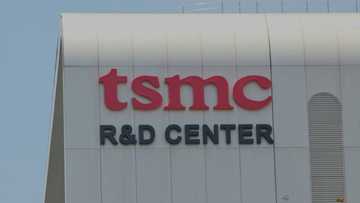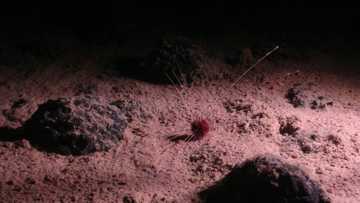Blinken, Austin visit Australia on last leg of Pacific blitz

Source: AFP
PAY ATTENTION: Briefly News launched a YouTube channel Briefly TV. Subscribe now!
US Secretary of State Antony Blinken and Pentagon chief Lloyd Austin visited Australia Friday on the final leg of a Pacific tour designed to reinforce Washington's standing in the region.
The United States has been ramping up efforts to re-engage in the South Pacific, where China has emerged as a rising diplomatic and military power.
Blinken's trip to Brisbane caps a diplomatic blitz in which he has also visited Tonga and New Zealand, while US Secretary of Defense Austin arrived from Papua New Guinea.
The US duo sat down with Prime Minister Anthony Albanese, Foreign Minister Penny Wong and Defence Minister Richard Marles ahead of formal talks taking place on Saturday.
"It comes at a time of increasing strategic competition," Albanese said Friday, setting the scene before talks began.
"Australia and the United States are working together to promote security, stability and prosperity in the region."
PAY ATTENTION: Follow Briefly News on Twitter and never miss the hottest topics! Find us at @brieflyza!
Blinken said that, in his experience, the alliance had "never been stronger".
"In challenging times, it makes such a difference to have close partners and close friends," he said.
While military cooperation is expected to dominate discussions, Blinken also used the trip to signal that issues such as climate change and supply chain security also sit high on the agenda.
The clean energy transition was fast becoming a "pillar" of the US-Australia alliance, Blinken said Friday during a trip to Tritium, a local business making chargers for electric vehicles.
"It all comes down to having the technology to make it work commercially," he told reporters.
The United States views Australia as a useful friend in its quest to loosen Beijing's dominance of emerging clean energy industries such as electric vehicle manufacturing.
Australia is one of the world's largest producers of lithium -- a key component of rechargeable batteries -- but currently sends most of its ore to be processed in China.
"The United States is looking at options to source critical technologies and their components from allied countries in place of China," said researcher Tom Corben from the United States Studies Centre at Sydney University.
"That applies as much to the climate as it does to defence -- given the emphasis placed on things like next-generation batteries," he told AFP.
Climate change is also emerging as a security threat in its own right as the toll from increasingly severe natural disasters mounts in Australia and the broader Pacific.
Nailing down AUKUS

Source: AFP
The discussions are a chance to nail down the details of the AUKUS pact, a fledgling military alliance between Australia, the United Kingdom and the United States.
Under "pillar one" of the agreement, Australia will acquire a fleet of nuclear-powered submarines -- billed as one of its biggest-ever military upgrades.
Attention now turns to "pillar two", which revolves around cyber warfare, artificial intelligence and the development of hypersonic missiles.
Another key issue likely to come up concerns efforts to shore up longstanding relationships with Pacific nations that are being aggressively courted by China.
Two days after Blinken left Tonga, the Chinese "Peace Ark" hospital ship docked in the capital Nuku'alofa, where it is to offer free health services to thousands of patients.
The Peace Ark arrives in the island kingdom after visiting Kiribati, and will also sail to Solomon Islands and Vanuatu.
Pentagon chief Austin comes to Australia from Port Moresby, where the United States signed a defence agreement earlier this year giving troops access to key military facilities.
"It all fits into wider efforts to make US force posture in the Indo-Pacific more resilient by drastically increasing the number of locations the Chinese military have to consider," said Corben.
PAY ATTENTION: Сheck out news that is picked exactly for YOU ➡️ click on “Recommended for you” and enjoy!
Source: AFP




